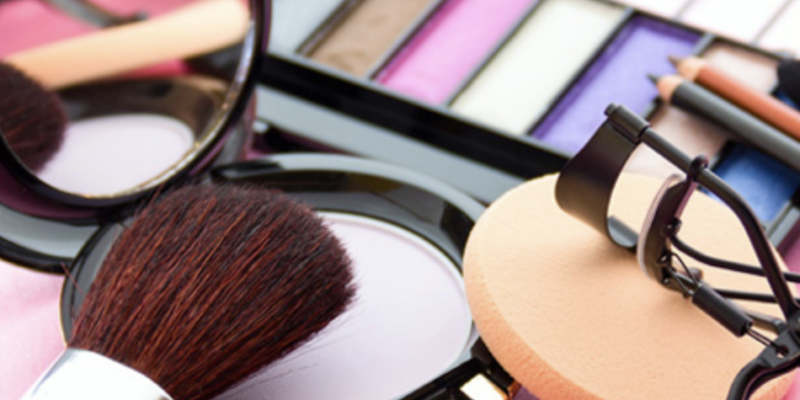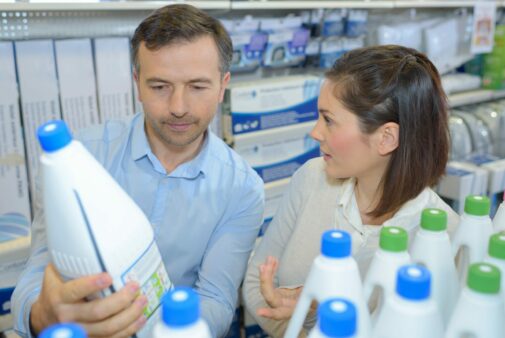Key Points/Overview
The primary industrial use of acrylamide is to create polyacrylamide, which is a common soil stabilizer for constructing tunnels, wells, sewers and reservoirs.
Acrylamide is also commonly used to produce contact lenses, permanent-press fabrics, toiletries, and many other household items.
High-heat cooking produces acrylamide, so it exists in most baked goods, fried potatoes, coffee and other hot foods and drinks. It also occurs naturally in many vegetables and fruits without heating. In fact, most people consume acrylamide some in their food every day.
Uses & Benefits

Acrylamide is primarily used industrially to make polyacrylamide, which is mainly used in treating effluent from water treatment plants and industrial processes.

In addition, acrylamide and polyacrylamides are used in the production of dyes and organic chemicals, contact lenses, cosmetics and toiletries, permanent-press fabrics, paper and textile production, pulp and paper production, ore processing, sugar refining, and as a chemical grouting agent and soil stabilizer for the construction of tunnels, sewers, wells and reservoirs.

Safety Information
The Grocery Manufacturers Association (GMA) website includes information on the latest scientific research on acrylamide and food safety.

